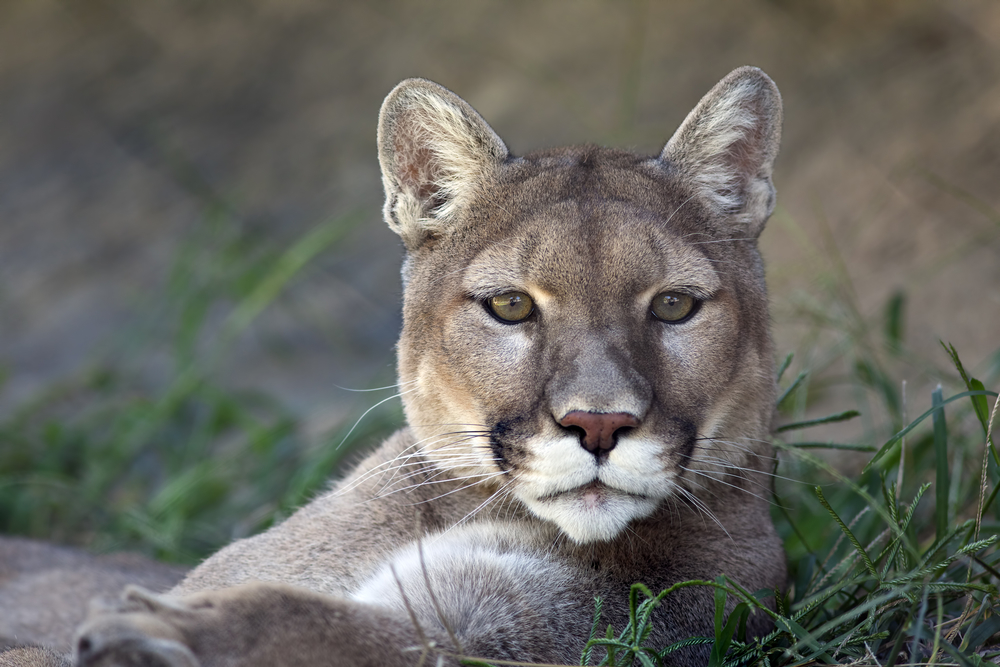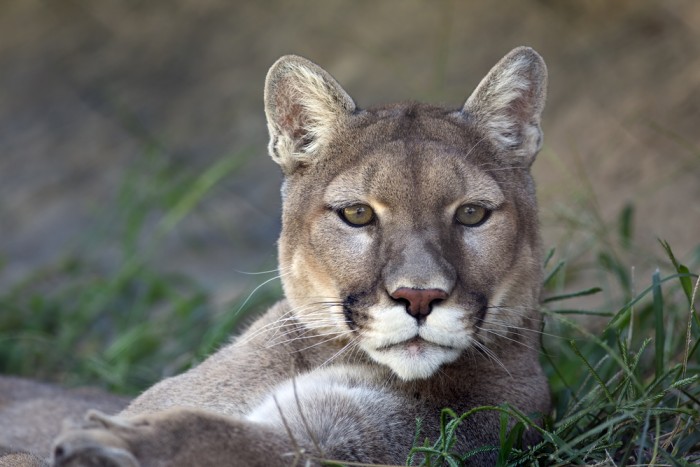The one process now going on that will take millions of years to correct is the loss of genetic and species diversity by the destruction of natural habitats.
This is the folly our descendants are least likely to forgive us.
E. O. Wilson
When I was a kid, there was a riddle that went along these lines:
A hunter is approached by a cougar, a mountain lion, and a puma. He has only one bullet left. What should he shoot first to ensure his safety?
The answer then was that it didn’t matter; a cougar, mountain lion and puma are all the same animal (technically the puma is a subspecies of the cougar/mountain lion), so he was only being approached by one beast.
The answer now is that it doesn’t really matter, because the US Fish and Wildlife service has called for removing federal protection for the Eastern cougar. It will no longer be on the endangered list.
It’s extinct.
There used to be tons, but overzealous hunters and habitat loss— which in turn affected numbers of white tailed deer, cougar prey— whittled away at cougar populations. The bulk of this happened in the 1800s when settlers were, well, settling in across the country and looking to protect their livestock. But since we haven’t done a whole lot to reinstate that habitat the cougar never really had a chance.
We are already feeling the effects of the loss of the cougar. Where I live the white tailed deer population has exploded due to having no natural predators around. I narrowly avoid hitting a deer with my car on a weekly basis. Hunting season keeps their numbers from being catastrophic, but it doesn’t work the same way natural selection does. Hunters want the strong, older, trophy deer; not the old, the sick, the genetically inferior. I don’t know if that’s somehow connected to the uptick in Lyme disease through deer ticks in this region, but it seems like a logical train of thought.
How will losing more animals listed as endangered or vulnerable— the loggerhead turtle, the blue whale, sea lions, the monarch butterfly, the jaguar, the great white shark— affect the ecosystems around them? We’re not just losing that magnificent animal, we’re taking a link out of the food chain. There is no real way for us to clearly see just how severe the ramifications may be.
The only way to truly protect these animals is to protect their habitats, which means a reversal of what was set in motion by the settlers in the 1800s. It seems like an impossible task; all we can do is try. (Here’s what you can do to help endangered species.)
Mother Nature is highly adaptable, but the pace we’ve asked of her is too fast. We need to actively support other species of big cats, in the hopes that they will fill the gap in the food chain left by the eastern cougar.
But mostly we need to recognize that we’re not the only ones on this earth, and it’s our responsibility to stop acting like we are.
Photo: DepositPhotos


Leave a Reply